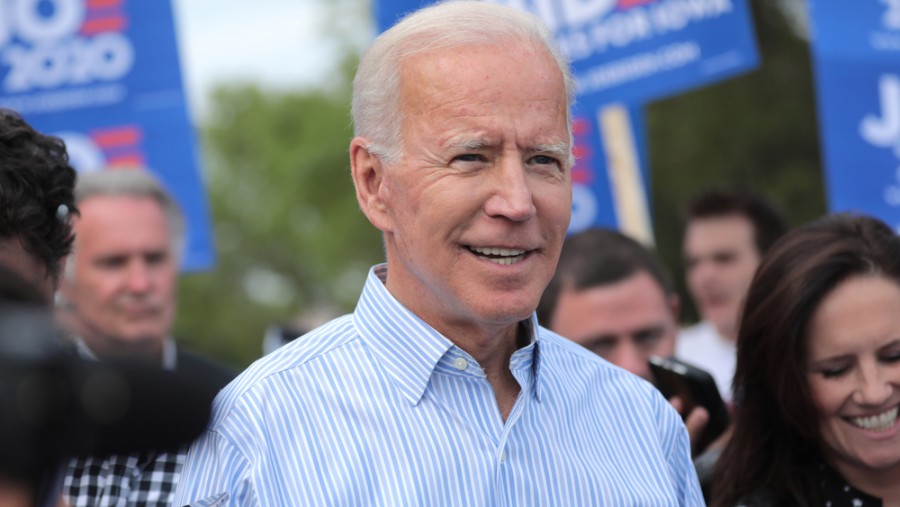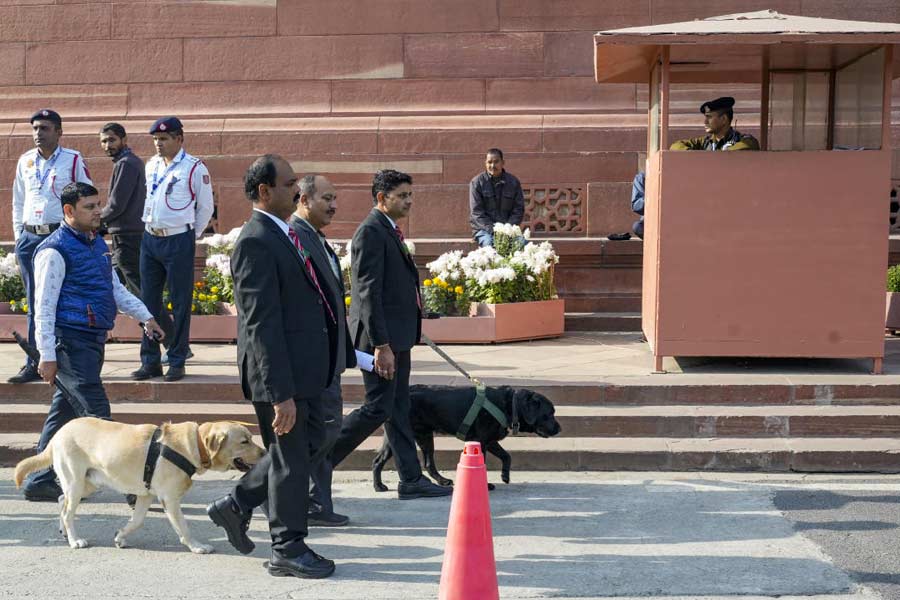Joseph Robinette Biden Jr. was elected the 46th president of the United States on Saturday, promising to restore political normalcy and a spirit of national unity to confront raging health and economic crises, and making Donald J. Trump a one-term president after four years of tumult in the White House.
Biden’s victory came after more than three days of uncertainty as election officials sorted through a surge of mail-in votes that delayed the processing of some ballots. Biden crossed 270 Electoral College votes with a win in Pennsylvania, reported AP.
Biden, 77, staked his candidacy less on any distinctive political ideology than on galvanizing a broad coalition of voters around the notion that Trump posed an existential threat to American democracy. The strategy proved effective, resulting in pivotal victories in Michigan and Wisconsin as well as Pennsylvania, onetime Democratic bastions that had flipped to Trump in 2016.
Biden’s victory amounted to a repudiation of Trump by millions of voters exhausted with his divisive conduct and chaotic administration, and was delivered by an unlikely alliance of women, people of colour, old and young voters and a sliver of disaffected Republicans, reported The New York Times.
Trump is the first incumbent to lose re-election in more than a quarter-century.
The result also provided a history-making moment for Biden’s running mate, Senator Kamala Harris of California, who will become the first woman to serve as vice president.
With his triumph, Biden, who turns 78 later this month, fulfilled his decades-long ambition in his third bid for the White House, becoming the oldest person elected president. A pillar of Washington who was first elected amid the Watergate scandal, and who prefers political consensus over combat, Biden will lead a nation and a Democratic Party that have become far more ideological since his arrival in the capital in 1973.
He offered a mainstream Democratic agenda, yet it was less his policy platform than his biography to which many voters gravitated. Seeking the nation’s highest office a half-century after his first campaign, Mr. Biden — a candidate in the late autumn of his career — presented his life of setback and recovery to voters as a parable for a wounded country.
The race, which concluded after four tense days of vote-counting in a handful of battlegrounds, was a singular referendum on Trump in a way no president’s re-election has been in modern times. He coveted the attention, and voters who either adored him or loathed him were eager to render judgment on his tenure. Americans rarely turn incumbent presidents out of office, but from the beginning to the end of the race, Mr. Biden made the president’s character central to his campaign.
As Biden edged closer to victory, President Donald Trump and his political lieutenants spent the day continuing to float baseless conspiracy theories about the legitimacy of the election, and Republicans in several states threatened or took legal action aimed at slowing or halting the counting of ballots. But there were also mounting indications that Trump would not have the full support of his party if he persisted in a scorched-earth effort to impede the electoral process.
Early Friday, Biden overtook Trump in the vote count in both Pennsylvania and Georgia.
But in both states, as well as in Arizona and Nevada, Biden was not yet leading by a sufficiently wide margin to completely foreclose any possibility — however remote — that the count could still turn against him. On Friday evening, Biden was ahead in Pennsylvania and Georgia by less than 1 percentage point, and by not much more than that in the two Western states.










